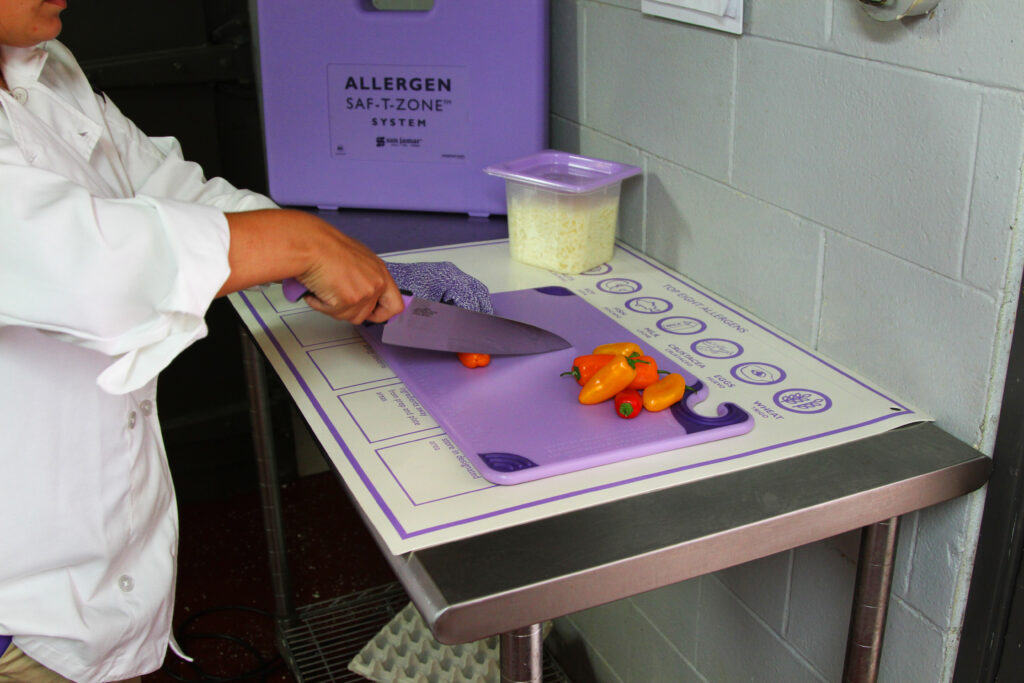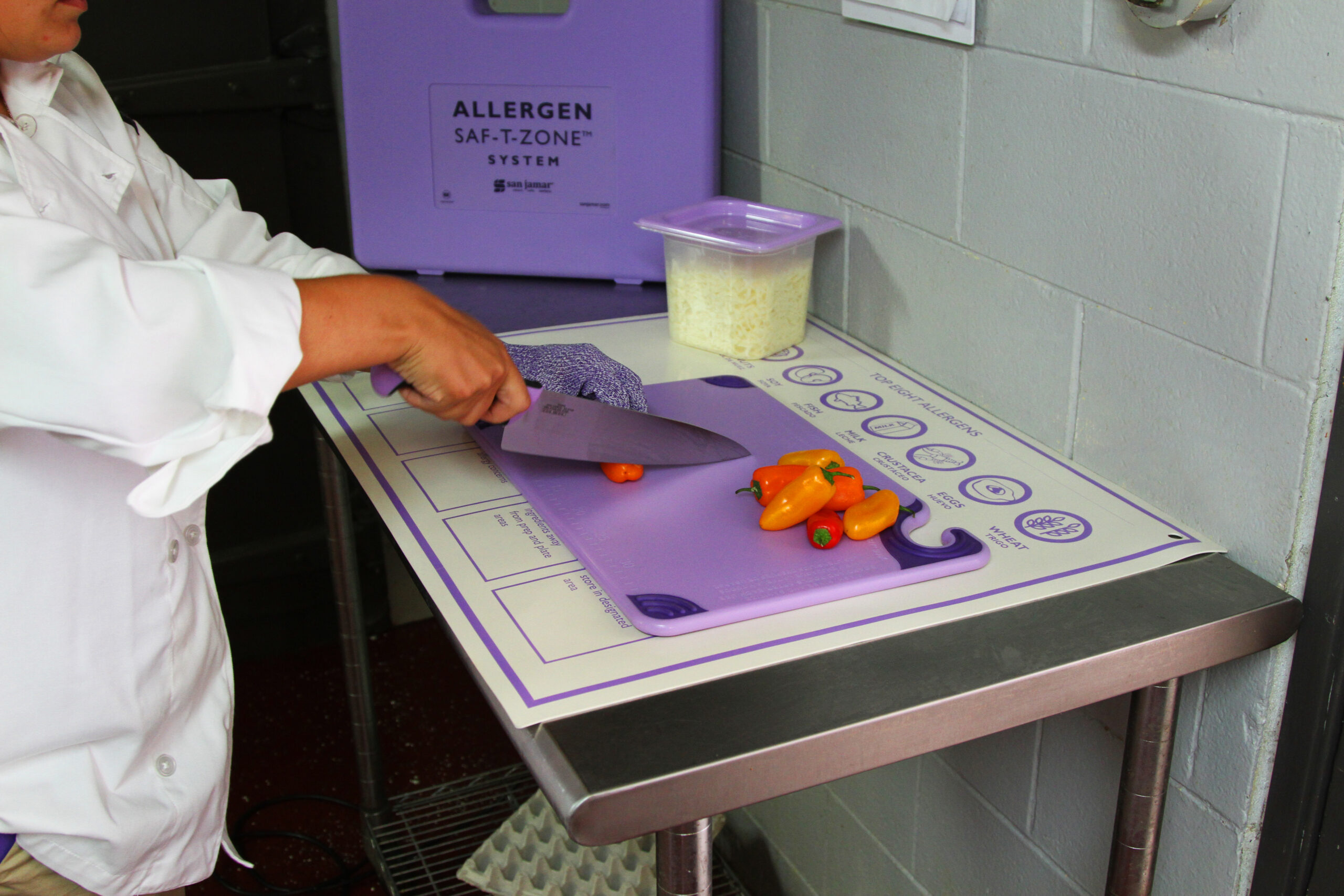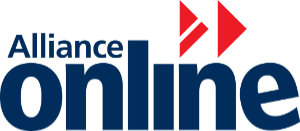As Allergy Awareness Week 2025 approaches, it’s more important than ever for commercial kitchens to prioritise food allergy safety to protect both their patrons and their reputation. In today’s diverse culinary landscape, catering to customers with specific dietary restrictions is not just a courtesy but an essential aspect of restaurant allergy management. With the right commercial kitchen equipment and strategic preparation, you can create an inclusive dining experience that ensures the safety of all your guests. We at Alliance Online want to help kitchens with the following preparation tips, from identifying allergens to implementing rigorous cross-contamination protocols, with the aim of empowering you to confidently navigate the complexities of food allergies. Join us as we delve into the best practices and tools that will elevate your kitchen’s allergy awareness and reassure your patrons of your commitment to their wellbeing.
Understanding Allergy Awareness Week
Allergy Awareness Week serves as a crucial reminder for commercial kitchens to prioritise food safety and accommodate guests with dietary restrictions. This section explores the significance of this event and outlines key activities to engage in during this important week.
The Importance for Commercial Kitchens
Allergy Awareness Week is a vital opportunity for commercial kitchens to reassess and enhance their food allergy safety protocols. It’s not just about compliance; it’s about creating a safe and inclusive dining environment for all patrons.
For restaurants and food service establishments, this week serves as a catalyst for implementing robust allergy management systems. It’s a chance to educate staff, update menus, and refine kitchen practices to minimise the risk of allergen cross-contamination.
Moreover, participating in Allergy Awareness Week demonstrates a commitment to customer well-being, which can significantly boost a restaurant’s reputation and customer loyalty. It’s an investment in both safety and business growth.
Key Dates and Activities
Allergy Awareness Week typically occurs in the spring, with exact dates varying by country. During this week, commercial kitchens can engage in a variety of activities to promote allergy awareness and safety.
- Staff training sessions on allergen identification and management
- Menu reviews and updates to clearly highlight allergen information
- Social media campaigns to educate customers about your allergy-safe practices
- Collaborations with local allergy support groups for community outreach
Additionally, many kitchens use this time to conduct thorough reviews of their allergen protocols, ensuring they’re up-to-date with the latest guidelines and best practices.
Ensuring Food Allergy Safety
Food allergy safety is paramount in any commercial kitchen. This section delves into the essential equipment and preparation tips needed to create a safe environment for all diners, regardless of their dietary restrictions.
Essential Commercial Kitchen Equipment

Equipping your kitchen with the right tools is crucial for maintaining food allergy safety. Proper equipment not only helps prevent cross-contamination but also streamlines the food preparation process for allergen-free meals. Key equipment includes:
- Colour-coded chopping boards and utensils for different allergens
- Separate storage containers for allergen-free ingredients
- High-quality food labelling systems
- Dedicated preparation areas for allergen-free meals
Investing in these tools demonstrates a commitment to food safety and can significantly reduce the risk of accidental allergen exposure.
Kitchen Preparation Tips
Proper kitchen preparation is essential for maintaining a safe environment for all diners. Implementing effective strategies can help minimise the risk of cross-contamination and ensure accurate allergen information is communicated to customers. Key preparation tips include:
- Establish clear workflows for handling allergen-free orders
- Regularly clean and sanitise all surfaces and equipment
- Train staff on proper hand washing techniques to prevent allergen transfer
- Implement a system for verifying ingredient lists and updating allergen information
By following these tips, kitchens can create a safer environment for guests with food allergies and build trust with their clientele.
Effective Restaurant Allergy Management
Restaurant allergy management goes beyond the kitchen. It involves comprehensive strategies that encompass staff training, clear communication, and robust safety protocols. This section explores how to implement these crucial elements effectively.
Training and Communication Strategies
Effective training and communication are the cornerstones of successful allergy management in restaurants. They ensure that all staff members are equipped to handle allergen-related issues confidently and consistently. Key training strategies include:
- Regular workshops on allergen identification and management
- Role-playing exercises to practice handling allergy-related scenarios
- Continuous updates on new allergen information and regulations
Communication strategies should focus on:
- Clear internal protocols for relaying allergen information between staff
- Transparent communication with customers about allergen policies
- Regular team meetings to discuss and improve allergy management practices
By prioritising these areas, restaurants can create a culture of allergy awareness and safety.
Implementing Safety Protocols
Implementing robust safety protocols is crucial for effective allergy management. These protocols should cover every aspect of the restaurant’s operations, from food preparation to customer service. Key safety protocols include:
- Strict ingredient segregation in storage and preparation areas
- Thorough cleaning procedures between preparing different dishes
- Clear labelling systems for all ingredients and prepared foods
- A designated staff member responsible for overseeing allergy safety during each shift
It’s also important to regularly review and update these protocols. Always check for new and updated legislation and products which may help you further streamline your allergen management within your kitchen.
By following these guidelines and continually refining their practices, restaurants can ensure they’re well-prepared to safely serve all customers, regardless of their dietary restrictions. Alliance Online have over 25 years of supplying commercial kitchens with chefs’ equipment and cleaning supplies. Our range is perfectly suited for kitchens and prep areas that are looking to work in line with current rules and regulations, including laws in relation to allergens. Contact us now to see how we can help you and your kitchen on 01270 252 333 or email us at hello@allianceonline.co.uk.


